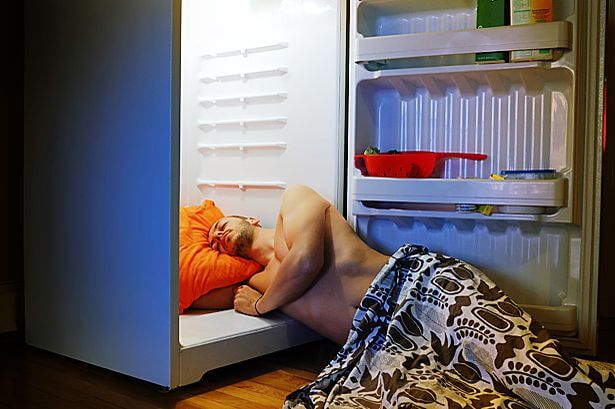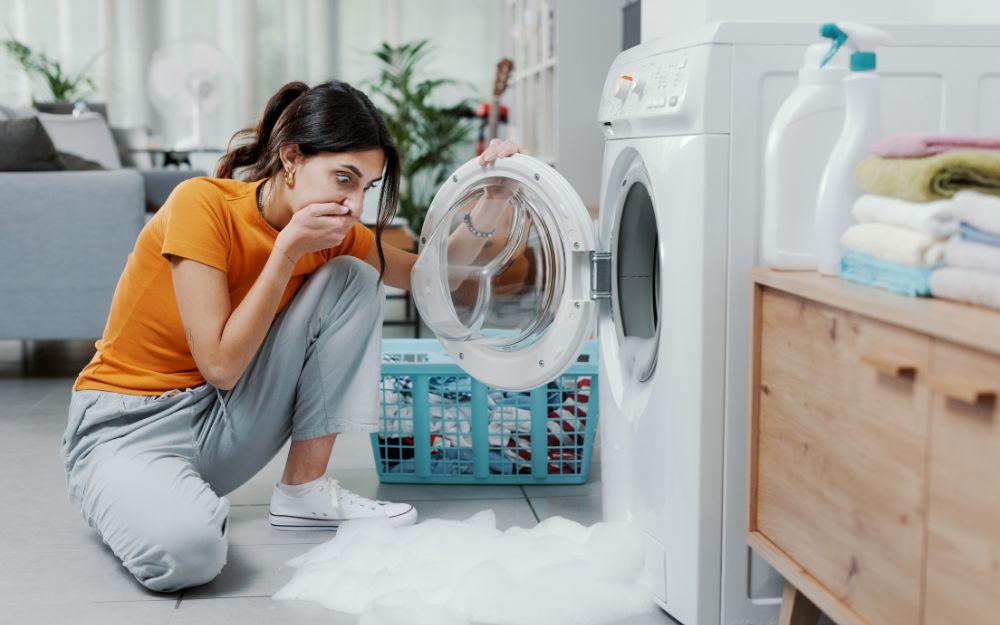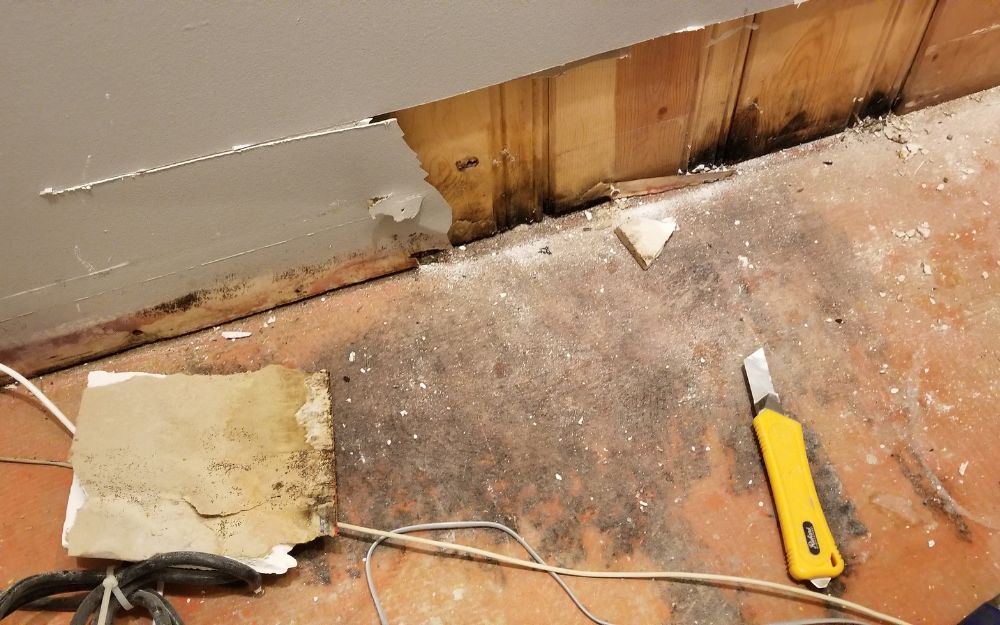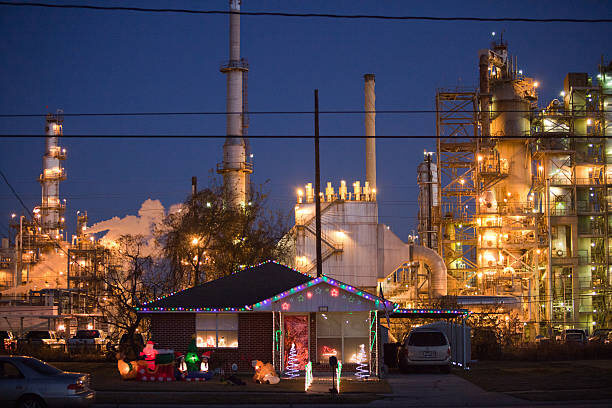Did you know that the average number of condominium units built annually went from around…

Buy a heat pump or an air conditioner? Stay cool and make the right choice
It’s 1:25 am and you are having trouble falling asleep. If only you had a heat pump to cool you off, you might fall asleep. Or an air conditioner, which can just as well cope with this task at a lower cost. But the latter cannot be used as a heating system in winter. It’s 1:28 am and you are wondering which device to invest in. Identify your needs and choose the device that best suits you.
Contrary to popular belief, a heat pump does not produce cold; rather, it transfers heat from one place to another depending on your needs. In summer, it literally pumps heat from inside the home and conveys it outside, which lowers the room temperature to the delight of the occupants. Winter is the opposite as it takes heat from outside and pumps it inside. You read correctly; there is always heat available in the freezing air of our winters. This heat transfer is achieved by an evaporation and condensation cycle identical to that of refrigerators but on a larger scale.
There are many of you who buy a heat pump in order to make substantial savings on your heating bills. Besides, wasn’t the seller saying that this device would pay for itself with the savings made on your heating bills? This is not wrong but you have to take a look at the numbers to fully understand what is going on.
A heat pump costs an average of $ 4,000 and with regular maintenance you can expect a lifespan of between 10 and 15 years. On average, a heat pump can save you around 20% in heating costs, or around $ 400 per year. Of course, this figure is only an estimate because each situation is different depending on the energy performance of the building in which the device will be installed. Once these figures are established, it is important to determine the profitability of such a purchase.
the notion of profitability refers to the ability of an investment to repay itself and profit. At $ 400 per year, it will take more than 10 years to payback the cost of the heat pump. The slightest repair will increase this period of profitability which may then exceed the life expectancy of the device. And that’s not all because the savings of $ 400 we are talking about only represent the heating part of the heat pump. In other words, the money saved on heating in winter will disappear in air conditioning costs in summer.
Can we conclude that buying a heat pump is a bad investment? Not quite. As we announced in the introduction, it is important to clearly identify your needs before proceeding to checkout.
If the heat and the overwhelming humidity are keeping you awake and ruining your life summer after summer, comfort over savings is likely to be your priority. So you are considering getting a central air conditioner with an average value of $ 3,000. The expense is certainly less imposing than that for a heat pump – around $ 1,500 less – but it is important to do the same mathematical exercise before deciding. We agree to say that the air conditioner generates similar cooling costs without however allowing the savings of a heat pump on heating. From a strictly point of view, it is therefore an investment that can never be profitable.
But if you’re willing to shell out for an air conditioner, maybe you should add $ 1,500 for a heat pump. So you will have the same energy expenditure for air conditioning but at least you will save in winter. You’ll save on your heating bills and be comfortable year round for almost no cost. And the additional amount you spent on a heat pump rather than an air conditioner will pay for itself in just a few years.
While at it, it might be worth considering carrying out work to reduce air leaks and further insulate the house before, especially since Transition Energitique Québec and its Rénoclimat program may offers attractive subsidies. See here and take a look see all of our residential services,


